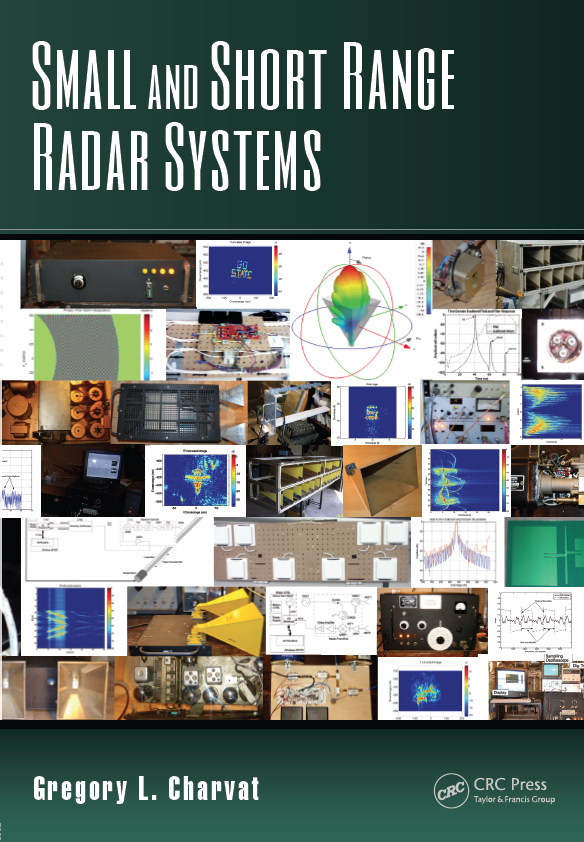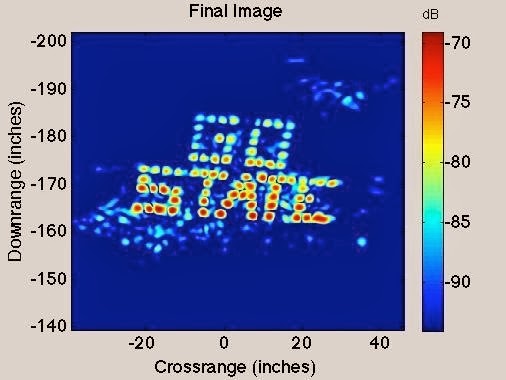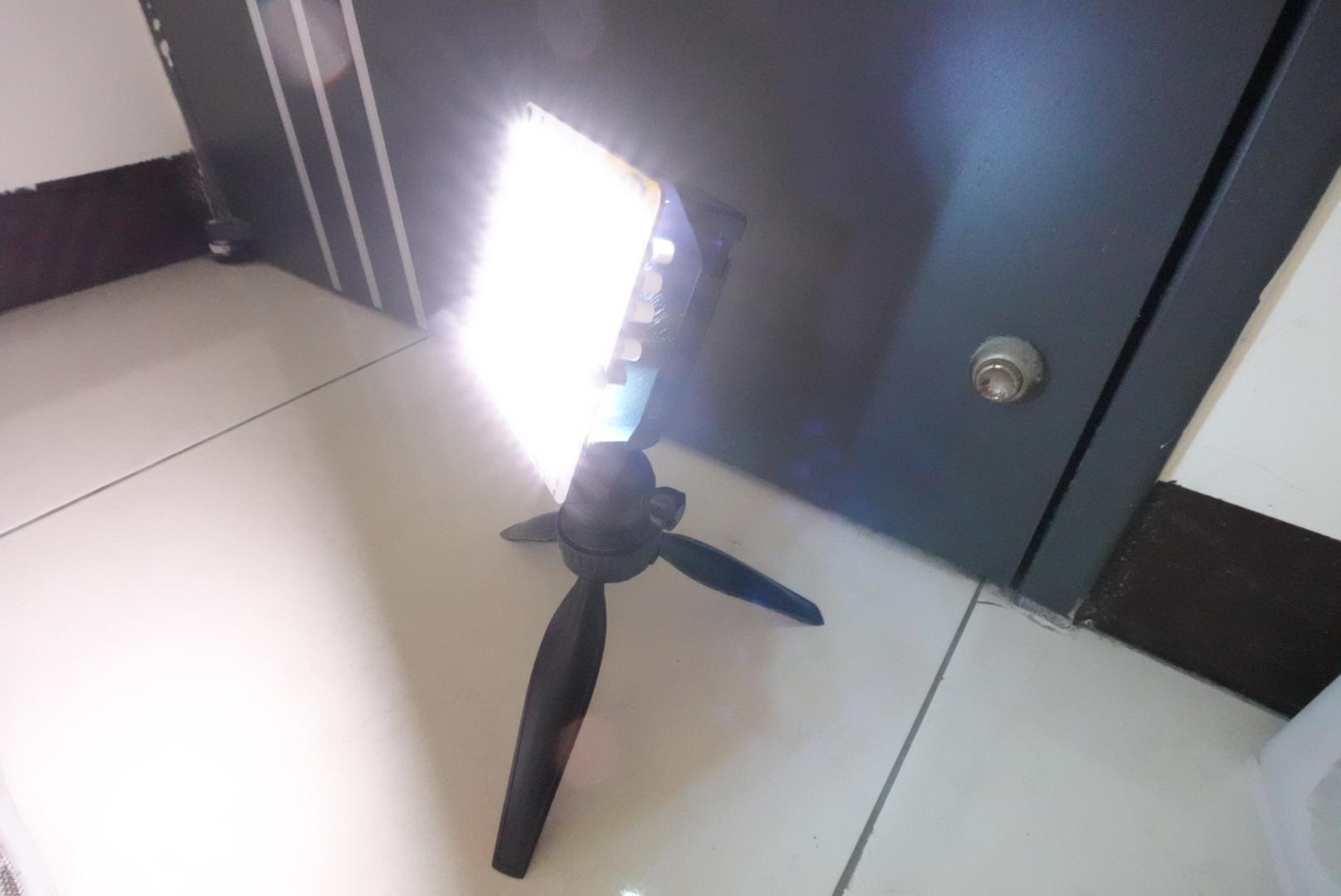BUILD A SMALL RADAR SYSTEM CAPABLE OF RANGE, DOPPLER, AND SAR IMAGING [PI.80s]
Date: August 1-5, 2011 | Tuition: $3,400 | Continuing Education Units (CEUs): 3.0
Application Deadline »
Course Summary | Learning Objectives | Course Reading Materials | Who Should Attend |
Program Outline | Schedule | Participants' Comments | About the Lecturers | Location | Updates
COURSE SUMMARY
Are you interested in learning about radar by building and testing your own imaging radar system?
MIT Professional Education is offering a course in the design, fabrication, and test of a laptop-based radar sensor capable of measuring Doppler and range and forming synthetic aperture radar (SAR) imagery. Lectures will be presented on the topics of applied electromagnetics, antennas, RF design, analog circuits, and digital signal processing while at the same time you build your own radar system and perform field experiments. Each student will receive a radar kit, designed by MIT Lincoln Laboratory staff, and a course pack.
This course will appeal to those who want to learn radar systems engineering or SAR imaging, use radar technology in a product or experiment, or make components or sub-systems.
You do not have to be a radar engineer but it helps if you have at least a bachelor’s degree in electrical engineering or physics and are interested in any of the following: electronics, electromagnetics, signal processing, physics, or amateur radio. It is recommended that you have some familiarity with MATLAB. Each student is required to bring a laptop (with a stereo audio input) with MATLAB because this will be used for data acquisition and signal processing.
During the course you will bring your radar kit into the field and perform experiments such as measuring the speed of passing cars or plotting the range of moving targets. A SAR imaging competition will test your ability to form a SAR image of a target scene of your choice from around campus.








No comments:
Post a Comment